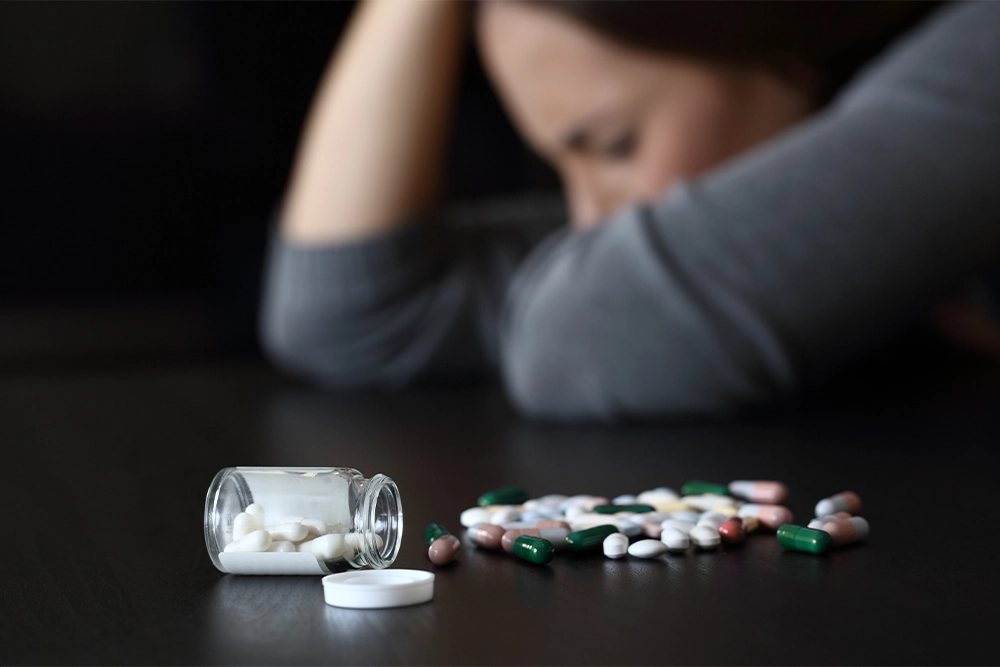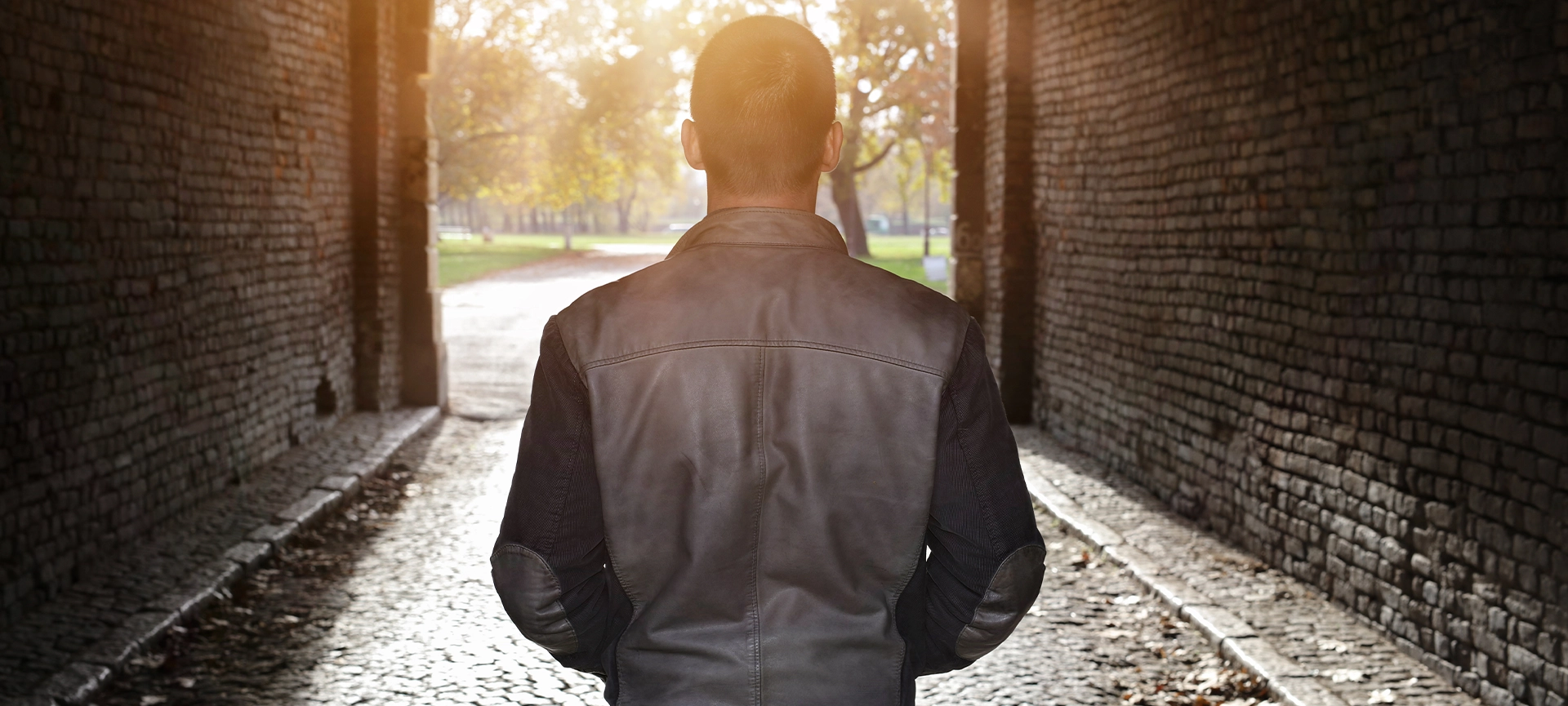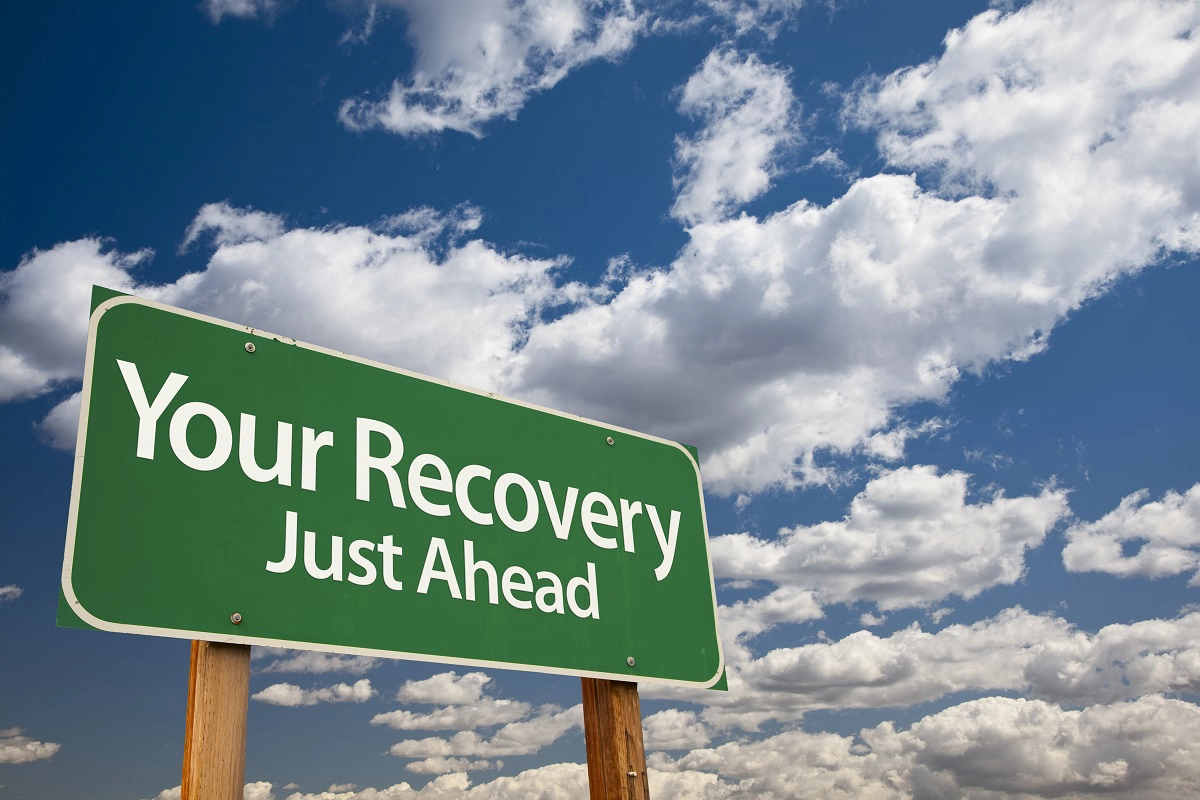At this point, you may already have decided to quit using drugs and pursue a sober and clean life. What you’re doing is a very admirable step but it is most likely that you’ve tried stopping your bad habits before but found that the drug withdrawal symptoms are too difficult to overcome.
Addiction Rehab Toronto provides a very comprehensive withdrawal management program here. We begin with a medical assessment provided by our doctors who may prescribe medication to help with symptoms of withdrawal. Our nurses are present 24/7 and will help arrange the times to administer medication specific to your personal needs.
In this article, we’ll share some tips and other useful information on how to prepare for drug withdrawal symptoms. Let’s start by understanding what withdrawal is.
What is Drug Addiction Withdrawal?
Let’s imagine the brain to be a coil of spring. Drugs and other substances are depressants which push the spring down. They suppress the production of neurotransmitters in the brain. When you quit using your drug of choice, the weight is taken off of the spring. What happens is that the brain produces a huge amount of adrenaline. This causes you to experience withdrawal symptoms.
While this is a general picture of what happens when you stop your drug use, each drug can cause different withdrawal symptoms. There are various substances that can produce plenty of physical symptoms. Some examples are tranquillizers, opiates, and alcohol. Other substances produce emotional withdrawal instead, such as ecstasy, marijuana, and cocaine. Each individual also has a different pattern of withdrawal.
What are the Different Withdrawal Symptoms?
If you’ve been abusing alcohol or drugs, then you should know that having to deal with the symptoms of withdrawal can be a difficult journey. Sometimes, relapse can happen when intense cravings are not properly managed.
When you cope with the cravings, it requires you to have good habits. These can help in turning your attention away from using substances because you now have healthier habits that you can practice.
If you have tried quitting drug or alcohol use before, then you may already know that dealing with the symptoms of withdrawal is probably the most difficult part of your recovery journey. If you have had experiences with relapse during those times, it was probably because you weren’t well-equipped to handle the cravings.
The intense desire to go back to using drugs can be a real challenge. But know that the withdrawal symptoms will not last forever. It will have its time, and when you’ve overcome that phase, then you can work on your efforts to remain clean and sober.
How to Identify Symptoms of Withdrawal?
Illicit substances have the ability to alter how you think. This can affect your judgment on certain things, people, and situations. When you’re experiencing withdrawal, your brain will make an effort to rationalize any reason and make you think that going back to drugs is a good idea.
Some of the withdrawal symptoms that you may experience include the following:
- Changes in your appetite
- Symptoms similar to the flu such as headaches and body pain
- Hot flashes and sweating
- Insomnia and restlessness
- Anxiety, depression, and emotional instability
- Irritability
- High sensitivity to pain
These withdrawal symptoms do not necessarily always result in relapse for recovering individuals. There are many other mental, social, and emotional factors that may contribute to returning to bad habits. Let’s take a look at some of those factors.
- When you test your personal boundaries, you think that you can take the drug one last time. You may think that you have the ability to stop anytime you want.
- When you have intense and uncontrollable cravings to use the substance again.
- You’re experiencing physical discomfort and you think that the only way to alleviate those feelings is to take your drug of choice.
- There may be social situations where you are placed in a position and you are pressured by peers to take drugs or drink alcohol. They try to convince you that it won’t hurt to have just a little.
- When your emotional state is unstable, you may turn to drug use. You may feel depressed and want to feel happy so you go back to drug use.

What are the Coping Strategies for Withdrawal Symptoms?
Not all kinds of treatment options or coping strategies will work for each individual. For every recovering addict, there is a different story behind the drug use. Therefore, not all of the treatment strategies may be effective for everyone.
What you ought to remember is that if there is a remedy that doesn’t seem to work for you, you can always move to the next option until you find one that does. It is also important that you are committed to abstaining from using drugs. This is a key ingredient in your quest to be sober.
Identify why you began using drugs in the first place. Also, think about why you continued using your substance of choice. Doing so will help you in identifying the right approaches for treatment. Here are some of the coping strategies that you can try if you’re experiencing withdrawal symptoms from drug addiction.
Engage in Physical Activities
The great thing about physical activities is that there are so many options that you can try. You can pick any sport you like. You can work out at the gym or enroll in a yoga class. These activities will help you to keep your mind away from thinking of using drugs again.
With yoga, you can work on finding balance within yourself. Combine this with meditation and you’ll have a wonderful mix of physical and mental exercises that can aid you in dealing with cravings. Remember, if you don’t feel like the exercise is working for you, move on to the next activity. However, be sure to give it some time and don’t just quit immediately.
Strengthen Your Support System
It is highly important that you have a strong support system during your recovery from drug addiction. Stay in touch with your family and good friends. Talk to them regularly and don’t be afraid or embarrassed to talk about your struggles. They will be with you to support and encourage you every step of the way.
Also, it would be a good idea to join counselling groups such as Alcoholics Anonymous or Narcotics Anonymous. You will meet people who are in the same situation as you and you will feel encouraged by their stories on how they dealt with their withdrawal symptoms.
Do Make Necessary Preparations
It is essential that you prepare yourself for the worst. Withdrawal from drugs or alcohol is not going to be easy. You’ll experience physical effects, depression, and anxiety, among others. But if you have an idea of what you’ll be expecting during the withdrawal phase, then you’ll be able to make a plan so you can fight the cravings.
Do take note of the emotions that you are vulnerable to. For example, if you easily get anxious or depressed, try to identify the ways how you can deal with the times that you’ll feel out of control. There are many ways that you can deal with this. Try breathing exercises or meditation. You can do activities that can make you feel more relaxed. It will surely help.
Consider Taking Medications
For withdrawal from drugs or alcohol, there are several medications that are available. These meds can help with the symptoms of withdrawal. Some examples are disulfiram and methadone. These can be taken to treat the withdrawal symptoms of substances such as alcohol and heroin. Be sure to check with your doctor and ask about what meds can be taken to help make the symptoms more tolerable.
Give Yourself Time to Rest
During the first phases of withdrawal, you may feel that it’s very difficult to sleep. However, you should give yourself time to sleep and rest as much as possible. In whatever stage you are during your detox or withdrawal, try to get eight hours of sleep every night.
A technique on how to get good sleep is to do light exercises during the day. For sure, you may not feel like moving around during this time because you’re feeling all sorts of things but just try. It can really help you because exercise can regulate sleep. It doesn’t have to be intensive. Simple exercises will do. Try yoga for beginners, for example. It’s not intense but it will help you stretch and relax.
Eat Healthy and Stay Hydrated
There are going to be some changes in your appetite when you undergo detox and experience withdrawal symptoms from drugs or alcohol. It won’t last for a long time though. So, when your appetite returns, be sure that you consume a lot of water and healthy foods.
Solid foods may not be that appealing for you at some point during the detox phase. But make sure that you drink lots of water. Remember that if you get dehydrated, you may experience worse withdrawal symptoms.
Also, try to avoid processed foods as they’re not healthy and won’t do you any good. Do your best to focus on getting vegetables and fruits into your body. Eat fish and leafy greens. It may take a while to get used to this new diet but it will definitely help you during your detox.
Final Thoughts
Detoxing and experiencing withdrawal symptoms can be tough. You have to prepare yourself for the worst because it’s not going to be an easy ride. This is not to discourage you from going through with it but it is something that you should know upfront. The more you know about what you’ll be going through during detox, the more you’ll be better prepared for it.
Related article: Suboxone Withdrawal: Timeline, Symptoms, What To Expect







